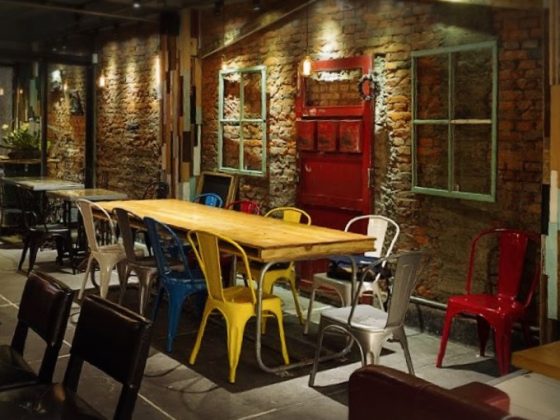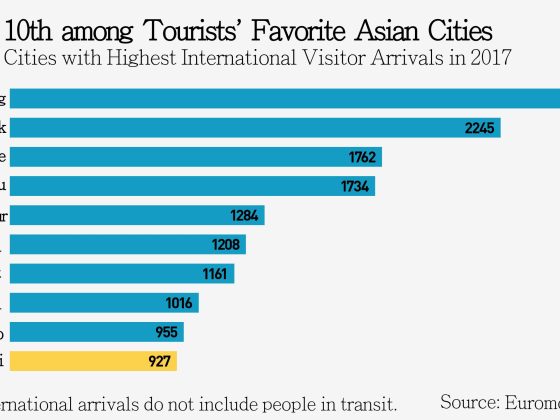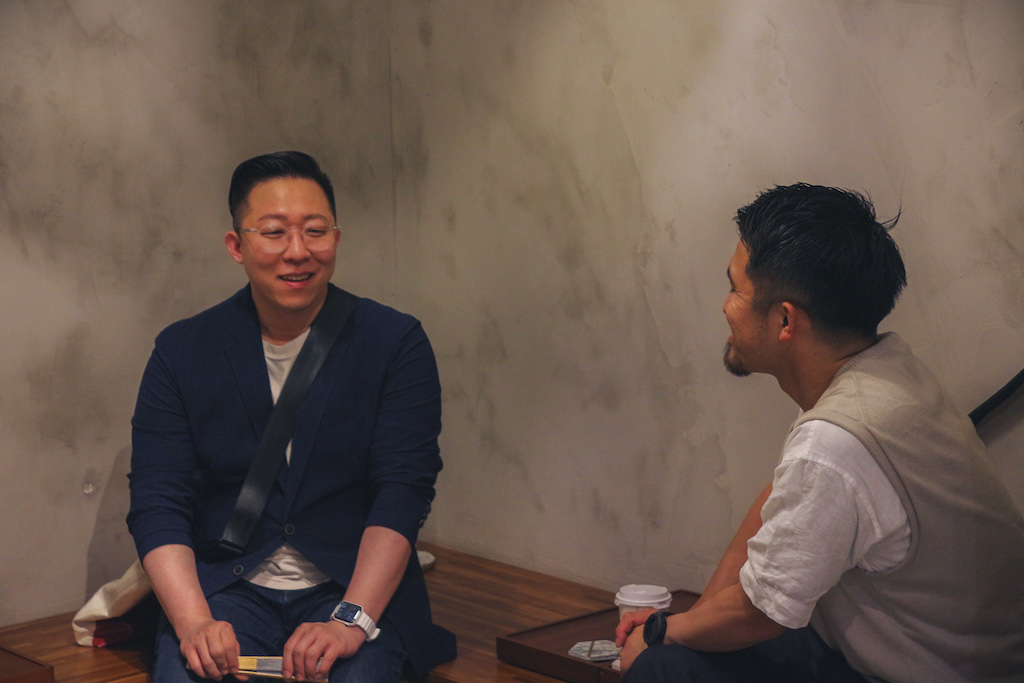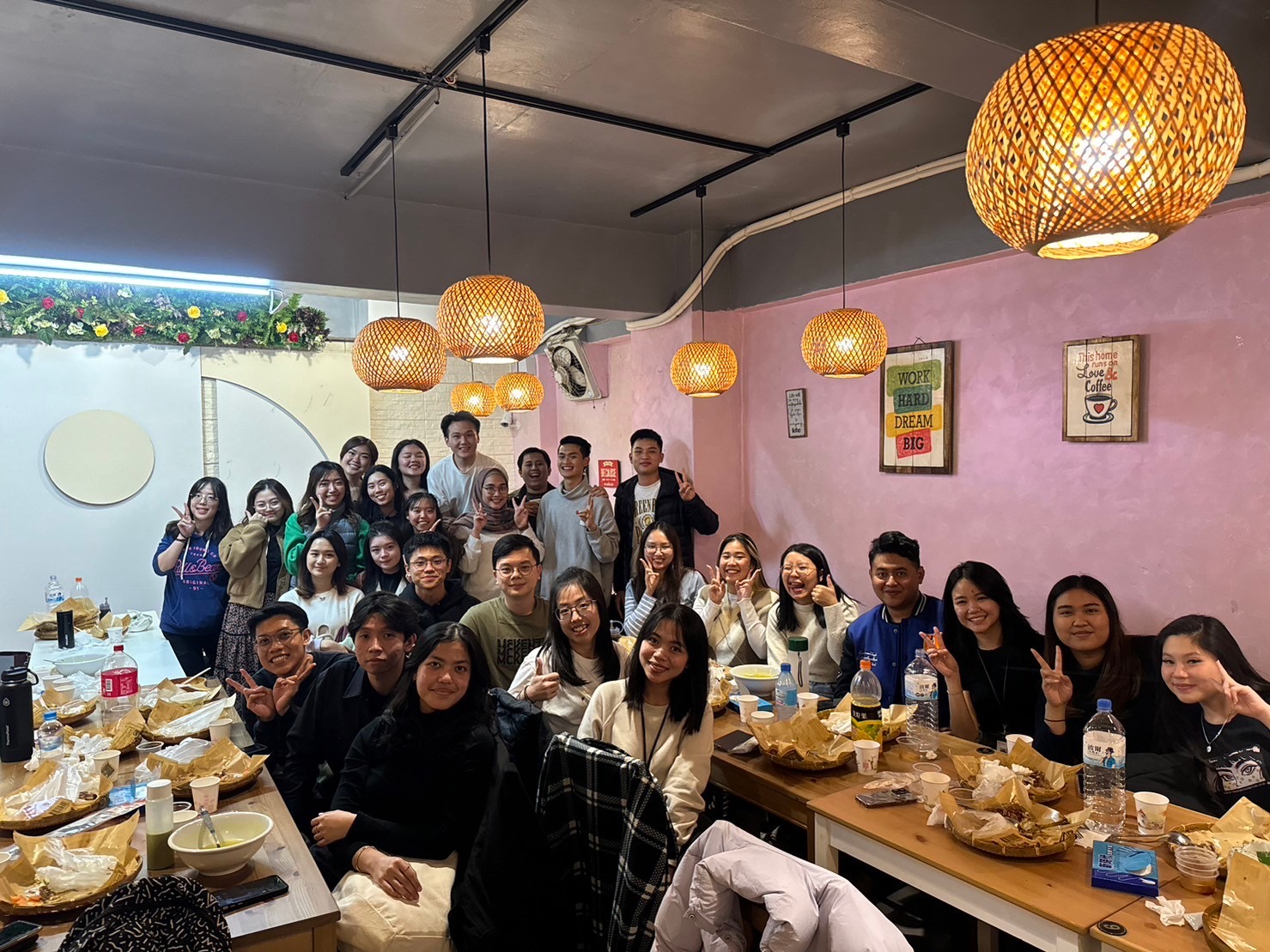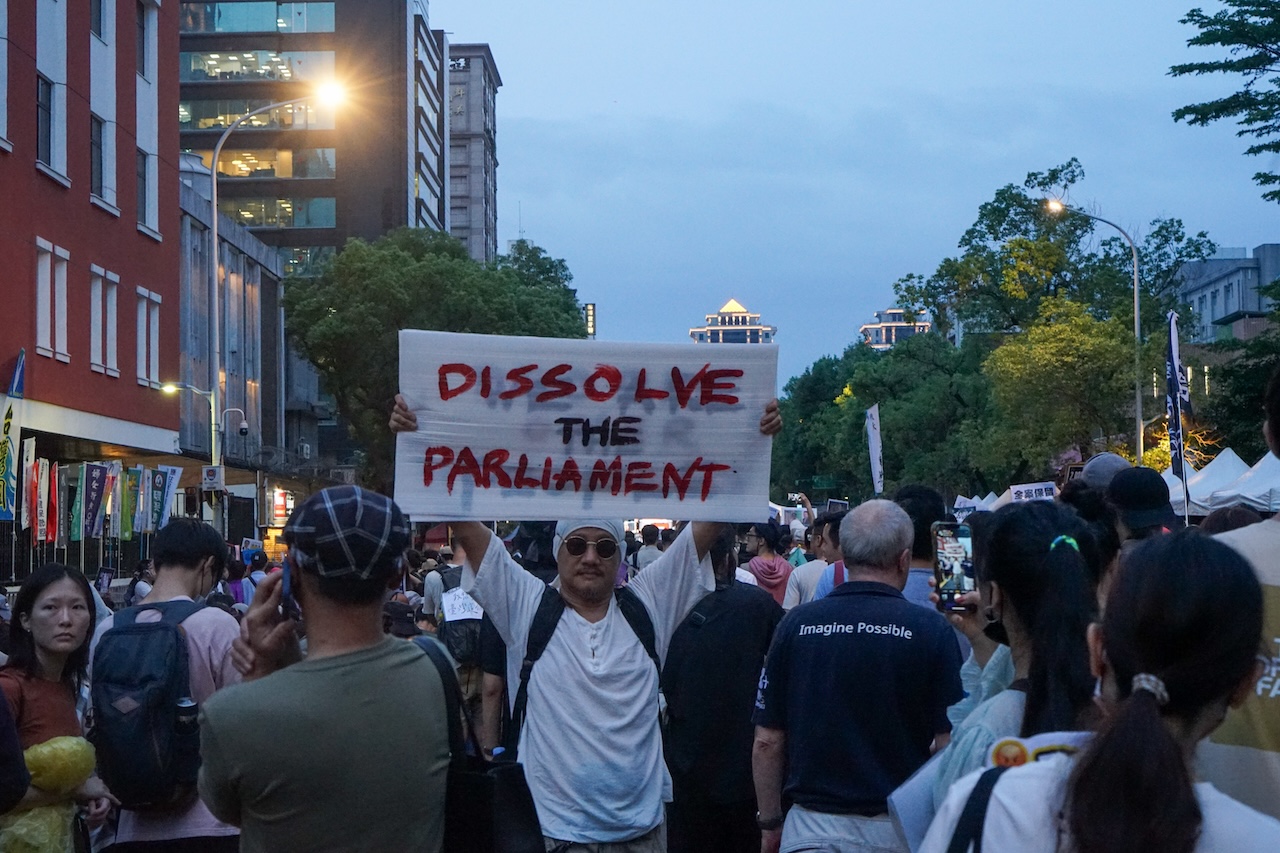Andrew Zimmern has been in the news recently, but not a good way. The celebrity chef and TV host stands accused of cultural appropriation, and of making comments about Chinese cuisine perceived as hurtful by some in the Chinese-American community.
I spent five hours with Zimmern In my capacity as Editor-in-Chief of Taiwan Scene just a couple of months ago, discussing a variety of subjects ranging from Chinese cuisine (specifically the variety currently being created in Taiwan) and the lives of kitchen workers to his own personal philosophy regarding travel, food, and life in general. Prior to meeting Zimmern, I’d watched his show for many years, long enough to at least get an idea about the man’s character (or at least of his on-screen persona). And while “cultural appropriation” is a bit of a murky area, everything I know about Andrew Zimmern makes it hard for me to believe the charges that he’d spoken disrespectfully about Chinese-Americans.
Nonetheless, the controversy surrounding Zimmern has moved past social media outrage and into real-world financial consequences. Earlier this week, the Discovery Channel announced that it was either rescheduling his show to insomniac limbo or canceling it entirely. (Details on this are still fuzzy.)
But what exactly did Zimmern say, and who, exactly was offended? There’s a lot to unpack here, so I’ll do my best to break the issue down into its component parts, first by quoting a few headlines connected to the backlash (links within headlines will open a new browser window).
The aptly-named Inquisitr wrote:
TV Chef Andrew Zimmern Faces Backlash Over ‘Horses**t’ Chinese Food Comments
The ‘Bizarre Foods’ chef publicly insulted Asians and Mid-westerners in one blow.
Matthew Wright at the Daily Mail wrote:
“The Discovery, Inc. network has pushed both ‘Bizarre Foods’ and ‘The Zimmern List’ to desolate Saturday morning slots. A rep from the Travel Channel said that Andrew Zimmern’s remaining episodes have been regulated. The ‘Bizarre Foods’ host criticized ‘horses*** restaurants masquerading as Chinese food’ while promoting his latest restaurant in an interview last week. The remarks received widespread backlash from the culinary community. Zimmern apologized Monday, saying he didn’t mean to offend Chinese-Americans and that some of his comments were taken out of context.”
And Tim Carman at the Washington Post wrote:
I read each of the articles, and a few others along the same line. Though a few quoted Zimmern’s subsequent apology, none put his comments into the context of the full interview. So I watched the interview conducted by Mark Wilson at Fast Company that had caused the controversy on Youtube.
[youtube https://www.youtube.com/watch?v=bBUy2Yp2_Bg?start=480&w=560&h=315]At the eight-minute mark (where the video above starts), Zimmern talks about his reason for opening his new restaurant, The Lucky Cricket, and a rather ambitious plan to expand the brand from a single restaurant to a chain. At the 14-minute mark, the quote repeated in every article comes up.
“I’m saving the soul of all the people from having to dine at these horses**t restaurants masquerading as Chinese food that are in the Midwest.”
To be sure, the remark comes off as offensive to those who run Chinese restaurants in America and more than a little condescending to Midwesterners. It also sounds more than a little white-savior-y coming from a white guy.
But what none of the articles mentioned was that the preceding minutes of the interview were filled with effluent praise for other Chinese restaurants in America. Moments before the offending remark, Zimmern said:
“…Madame Hao’s in NY, Mister Jiu’s in San Francisco, Great personal Chinese restaurants…I could keep going on about these personal takes on Chinese Cuisine, and I love it.”
Before going on to talk about why he’d chosen to open up his own restaurant specifically in the Midwest.
“I started to think about my friends back in Minnesota who wouldn’t get it. Why is this? I want them to get it. So what I started to think is that I have to introduce them to hot chili oil, I have to introduce them to a hand-cut noodle, and introduce them to a real roast duck.”
At that point, the interviewer called out Zimmern on the question of cultural appropriation, asking:
“How does a white guy make a restaurant in Minneapolis that doesn’t feel like its othering?”
To which he answered
“I’ve been going to China every year for the last 20 years. I’m obsessed with Chinese food and culture, and I’m trying to use my platform to show people what beautiful big flavors come from that culture.”
Later in the interview, Zimmern addressed the cultural appropriation question again, this time from a more philosophical angle, using a variation of the yardstick
Is it true? / Does it need to be said? / If it’s true and does need to be said, is it up to me to say it?
Zimmern stated his motive clearly by saying that he believes that the Midwest would be a good market for better quality Chinese restaurants, that he wanted to open such restaurants, and that, possessing the means, experience, and platform for such an endeavor, he deserved a shot to do so.
“Just because I’m not Chinese…I leave that to the rest of the world to judge. But if I can get people to open their mind one degree about something new to eat from another culture, I think a rising tide lifts all boats.”
None of these quotes made it into any of the articles that I’d read. At no point in the interview did he disrespect mom & pop Chinese restaurants. Indeed, he specifically calls out PF Chang’s as (presumably) an example of a horses**t restaurant masquerading as Chinese food.
“Was PF Chang’s not a ripoff because Cecilia Chang’s kid owned it? Despite how he looks on the outside, he’s a rich American kid on the inside.”
The interviewer, sensing that Zimmern was treading on potentially offensive ground, didn’t know what to do with this statement and said as much. (This comment would also come back to haunt Zimmern.) And you can agree or disagree on whether PF Chang’s food is authentically Chinese, or whether Zimmern’s take on Chinese cuisine would be any more or less authentic. But in the context of the overall conversation, it seems clear that all Zimmern was saying (albeit in a less-than-mindful fashion) was:
- There are a lot of mediocre Chinese restaurants in the Midwest
- Midwesterners might appreciate better Chinese restaurants, and
- Though not himself Chinese, he had the passion, means, and experience to create a quality Chinese restaurant, and should be allowed to try and do so.
Whether Zimmern would succeed or not is up to the market to decide, and beyond the scope of this article. And the fact that many Chinese and Chinese-American restaurateurs serve more Americanized-style Chinese food because the American market is accustomed to this type of food is a great subject (but also beyond the scope of this essay).
While Zimmern could have chosen his words (for which he’s apologized publicly) more carefully, taken in the context of the overall conversation it’s clear none of his comments were meant to disparage Chinese cuisine in America, or Chinese-Americans (in or out of the food industry). Zimmern’s respect for culinary culture and the people who work in the food industry is well-documented. As a journalist who has spent most of his adult life living in Taiwan and China and promoting their shared culinary and cultural heritage, I believe the social-media uproar over his comments are quite unjustified, and that his knee-jerk demotion should be overturned.

